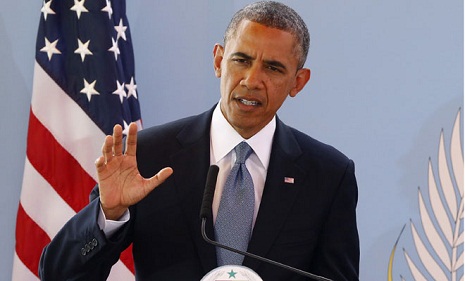“Strong encryption is the cornerstone of the modern information economy’s security,” states the letter, which is signed by 140 tech companies, prominent technologists and civil society groups – including three of the five members of a presidential review group appointed by Obama in 2013 to assess technology policies in the wake of leaks by former NSA contractor Edward Snowden.
The letter urges the US government to “fully support and not undermine efforts to create encryption standards” and not “in any way subvert, undermine, weaken or make vulnerable” commercial software.
The letter comes as President Obama faces growing pressure to alter the security of smartphones and other communications devices so that senior law enforcement officials can view decrypted data. The law enforcement agencies claim that the loss of access to data and communications could threaten public safety.
“There’s no doubt that all of us should care passionately about privacy, but we should also care passionately about protecting innocent people,” FBI Director James B. Comey said at a recent roundtable with reporters.
However, technology firms including Apple and Google have retaliated by developing forms of smartphone encryption so secure that even law enforcement agencies cannot gain access – even with a warrant. "It’s not technically feasible for us to respond to government warrants for the extraction of this data from devices," said Apple in September 2014.
Mr Comey said he could not understand why companies would “market something expressly to allow people to place themselves beyond the law”. He cited child kidnapping and terrorism cases as two examples of situations where quick access by authorities to phone data can save lives.
However, Jonathan Turley, a constitutional-law professor at the George Washington University Law School, said that citizens should not assume that these encryption devices will necessarily prevent government from intercepting communications. “If history is any guide, the government will find a way to penetrate these devices,” he said.
More about:
















































